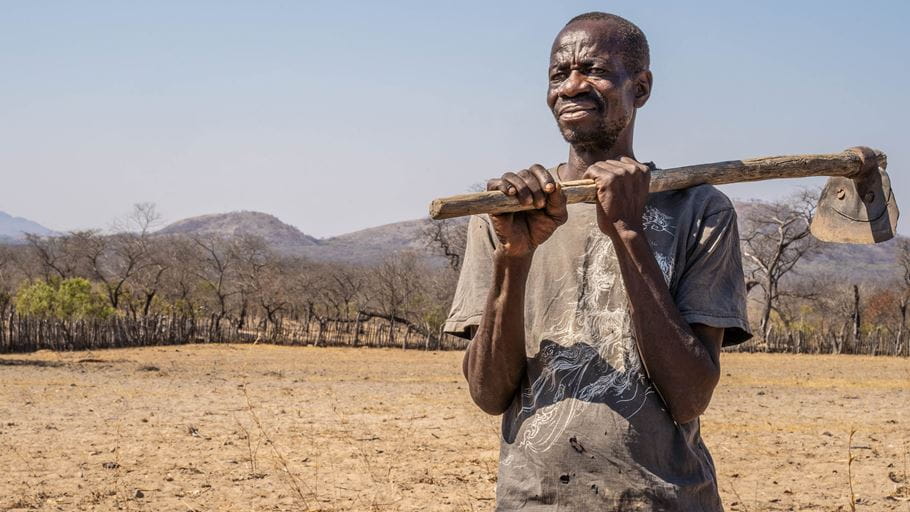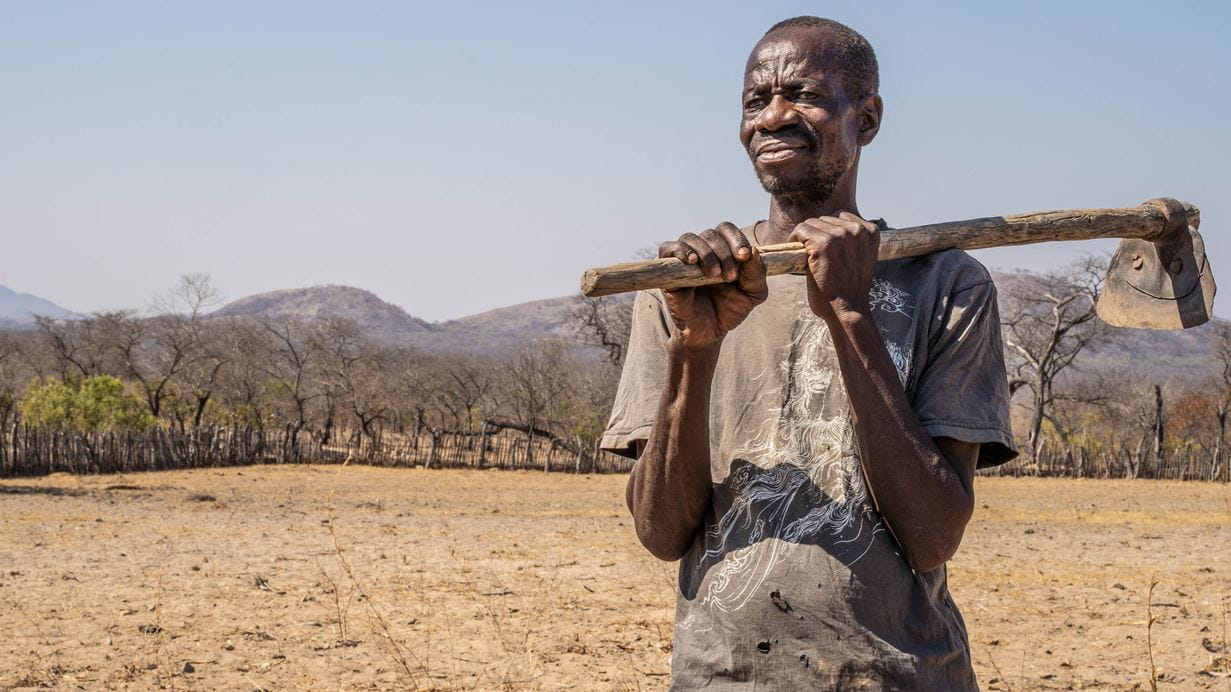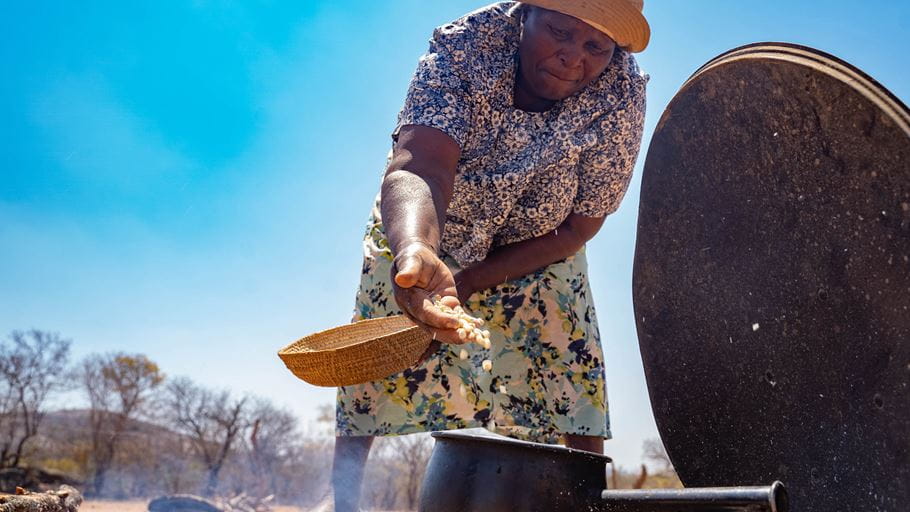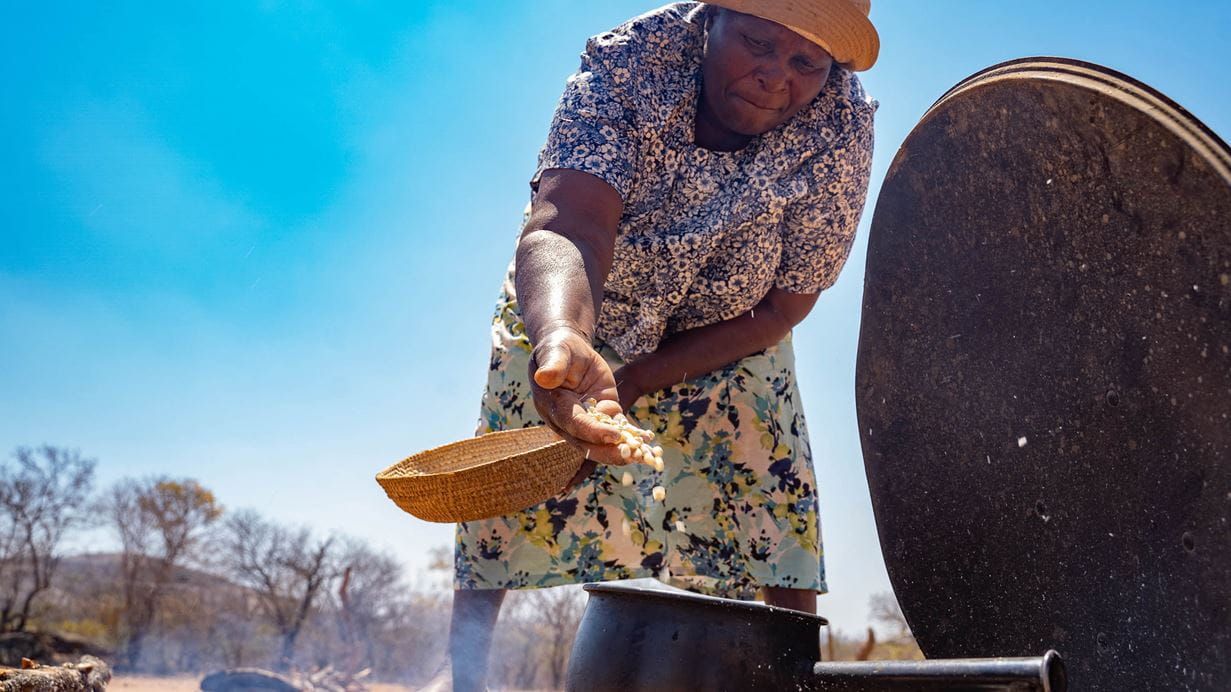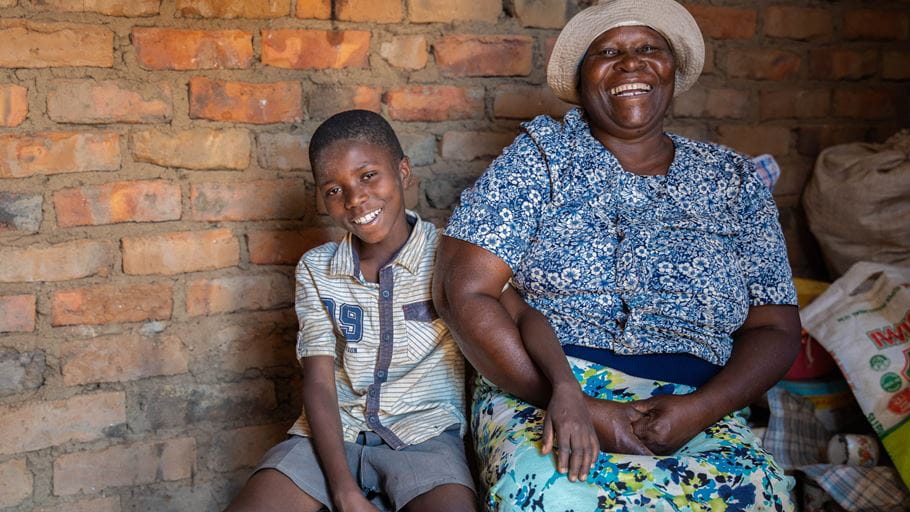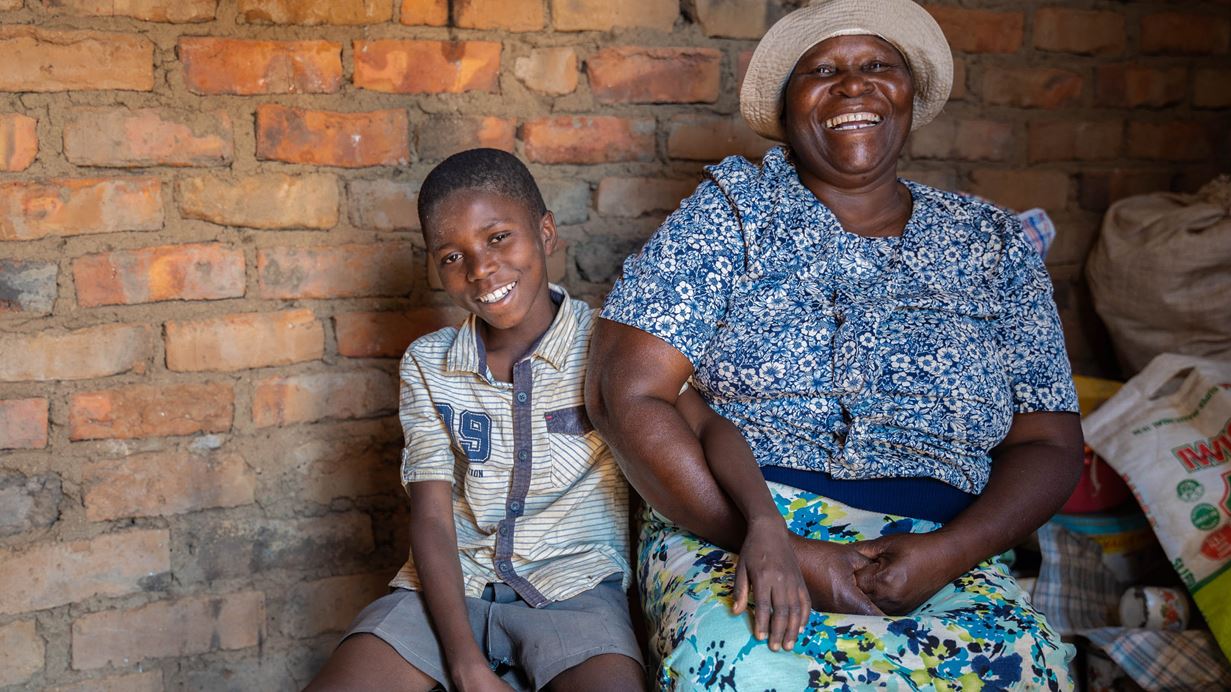Overview
Many people in Zimbabwe rely on growing and selling their own crops to feed themselves and make a living. However, climate change has led to both long periods of drought and times of extreme flooding which is making it increasingly hard to grow enough crops to feed families throughout the year.
Meanwhile, major economic problems have discouraged investment in the country and led to high levels of unemployment. The coronavirus pandemic has had a devastating impact as it disrupted the food supply chain, compounding the economic crisis through increases in food prices.
Women and girls in Zimbabwe are particularly vulnerable. Almost one in three girls are married before they turn 18, and almost two thirds of women report experiencing sexual violence.
People living with HIV and people living with disabilities are also often marginalised and excluded. Older people are becoming increasingly vulnerable, especially due to the loss of pensions and savings due to high inflation rates.




